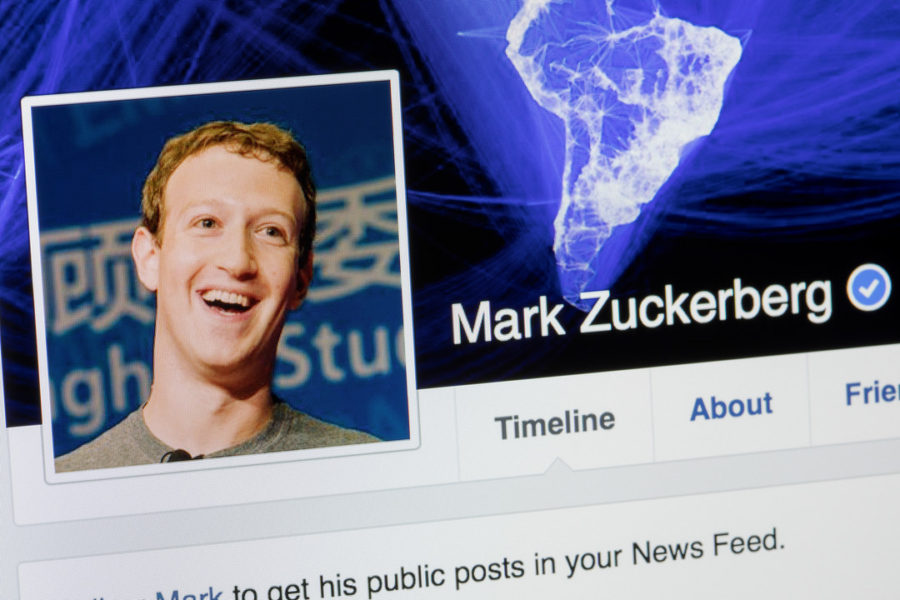Why she didn’t have Facebook?
In 2009, when I asked my Brazilian girlfriend if she used Facebook, I was shocked by her answer: “No, not yet”.
Facebook dominated my life up until that point. It helped me connect with long-lost school friends and former colleagues. But Facebook wasn’t the ‘in thing’ in Brazil back then – something called Orkut was.
Orkut was owned by Google and was launched in 2004. It was named after its creator, software engineer Orkut Büyükkökten, and took off unexpectedly. Most Brazilians had heard of Facebook but didn’t want to switch because all their friends were on Orkut. It was a competitive moat that Facebook couldn’t cross.
But this didn’t last.

A few years later, we were expecting our first child. It was now 2012 and things had changed. She posted our daughter’s birth on Facebook to tell her friends and family in Brazil, while Orkut had disappeared from her life. And I didn’t notice the switch because I had stopped using Facebook.
Unpopular opinion: I actually think Facebook is a pretty good company. I’ve been fascinated by the success of its business model for years. Despite the recent hit on its stock price amid the Cambridge Analytica fiasco, the sell-off following July’s earnings call still left Facebook trading at similar levels to the start of the year. From a five-year perspective, this correction looks like nothing more than a blip.


It’s down to perception of where you think Facebook should be. The company admitted in its July earnings call that it expected revenue growth rates to decline by high-single percentages in the second half of the year.
There are, however, investors who are willing to shrug off this near-term slowdown. They see plenty of room for Facebook to grow because they believe the company’s cash flow multiples are trading below its long-term growth rate.
There might be some merit in this argument. There has been a rapid increase in corporate spending on online advertising, which Facebook benefited from. According to the Interactive Advertising Bureau, spending on online ads rose to US$88 billion last year and 90% of this growth went to either Google or Facebook. Although both companies operate very differently, their platforms attract significant web traffic, which is what makes online advertising on them so effective.
Just think, when was the last time you used anything other than Google to search for something on the web? I heard there is this thing called Bing. Perhaps I should Google it?

However, it doesn’t mean that these two giants of the online world don’t have formidable rivals. Amazon, with its trove of data on consumer spending habits, has already made inroads, reporting US$2.2 billion in advertising revenue in the second quarter of 2018. This was more than twice the level reported for the same period last year.
Amazon’s quashing of high street sales and dominance in the online marketplace has made it a force to be reckoned with. Yet data, which was once seen as Facebook’s core strength, could also prove to be an Achilles heel for Amazon as the company starts to draw anti-trust scrutiny.

There is a common view that these well-established tech firms will prove enduring for years to come. That may well be true as the internet evolves from a high-growth sector into a utility-like service. Perhaps, in this world, low but consistent growth from these tech giants could compound into great long-term returns.
However, I’m not yet completely comfortable with this thesis. The Information Age has this annoying habit of disrupting the norm.
In 2013, a year after our daughter’s birth, my girlfriend and I got married. She posted the news on Instagram.
“What’s Instagram?” I asked.
“Don’t you have it yet?” she replied.
She looked at me in shock.










